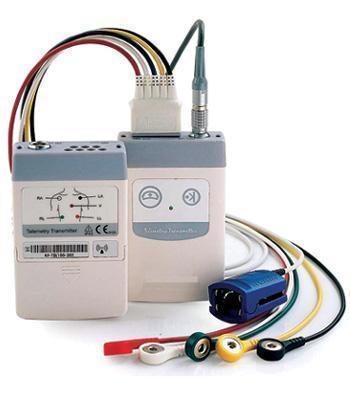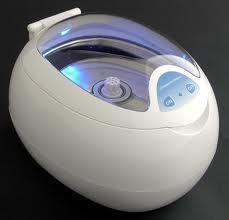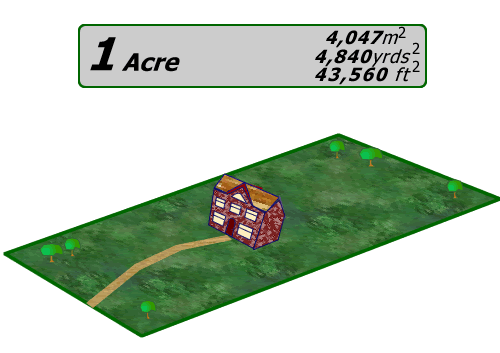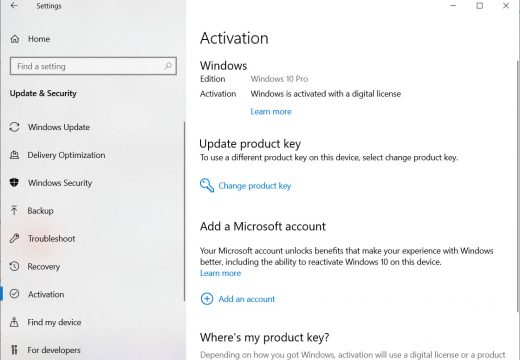Telemetry is a highly automated communications technique with the help of which measurements and data collection are done at remote locations and transmitted for monitoring. This technique commonly uses wireless transmission, though original systems used wired transmission. The most important uses of telemetry include weather-data collection, monitoring power generation plants and keeping track of manned and unmanned space flights.
How It Works
A telemetering system typically consists of a transducer as an input device, a transmission medium in the form of wired lines or radio waves, signal processing devices, and devices for recording or displaying data. The transducer converts a physical quantity such as temperature, pressure or vibration into a corresponding electrical signal, which is then transmitted over a distance for the purpose of measurement and recording.
Development of telemetry applications
The original systems of telemetry that were introduced in the beginning of the 20th Century used to be supervisory in nature, since they would be used to monitor the distribution of electric power. In the earliest system that was introduced in Chicago in 1912, a central monitoring center would use telephone lines to receive operational data from far-flung power plants. Other fields began to implement such systems, with improvements being made over the decades that followed.
The use of aerospace telemetry dates back to the 1930s, when balloon-borne equipment would be used to gather data about the prevailing atmospheric conditions. This form of telemetry was extended for use in observatory satellites in the 1950s. Satellites put to use the telemetry principle for several applications that include recording weather conditions, observing space phenomena and remote sensing. Such satellites have increased in their complexity since, and there are several hundred of them that orbit the Earth today.
Telemetry applications in the fields of scientific research are constantly being developed today. One such area is biomedicine, in which crucial data about the internal organs of a patient is transmitted by devices that are surgically implanted inside that body. Another exciting field is that of oceanography, which involves remotely gathering data related to aspects under the sea such as the chemical composition of undersea rocks or their seismic behavior.




Follow Us!